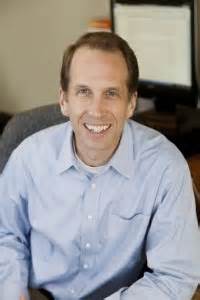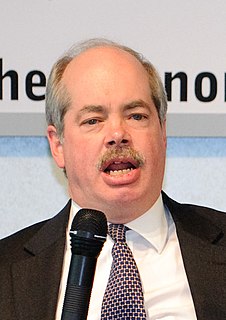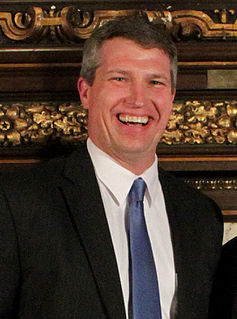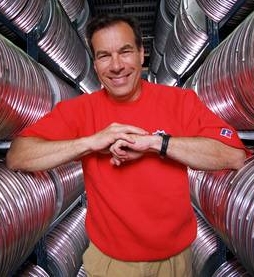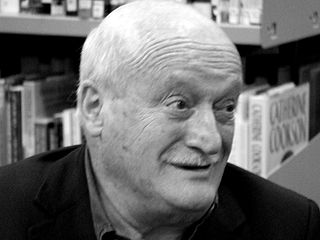A Quote by Vandana Shiva
Gandhi?s idea of swadeshi?that local societies should put their own resources and capacities to use to meet their needs as a basic element of freedom?is becoming increasingly relevant. We cannot afford to forget that we need self-rule, especially in this world of globalization.
Related Quotes
Obviously Muslim societies, like societies elsewhere, are becoming increasingly urban, many are becoming industrial, but since so many have oil and gas, they don't have a great impetus. But again, the revenue that natural resources produce gives them the capability and so countries like Iran are beginning to develop an industrial component.
Gandhi is the other person. I believe Gandhi is the only person who knew about real democracy — not democracy as the right to go and buy what you want, but democracy as the responsibility to be accountable to everyone around you. Democracy begins with freedom from hunger, freedom from unemployment, freedom from fear, and freedom from hatred. To me, those are the real freedoms on the basis of which good human societies are based.
Since scarcity is the basic economic problem, if it does not exist then there is no reason for my economics course. Devoting time to the study of how people use limited resources to fulfill unlimited wants and needs should help us to discover how to best utilize the resources we have at our disposal.
I've been very lucky in the freedom that I've been given. Every artist needs two types of freedom: You need the freedom to - the freedom to come up with an idea or treatment - and then you need the other half of the freedom, and that's freedom from - somebody saying, 'This is great. This is how I want you to do it.'
I've been very lucky in the freedom that I've been given. Every artist needs two types of freedom: You need the freedom to - the freedom to come up with an idea or treatment - and then you need the other half of the freedom, and that's freedom from - somebody saying, 'This is great. This is how I want you to do it'.
The 1 to 2 billion poorest in the world, who don't have food for the day, suffer from the worst disease: globalization deficiency. The way globalization is occurring could be much better, but the worst thing is not being part of it. For those people, we need to support good civil societies and governments.
To put yourself into a situation where a mistake cannot necessarily be recouped, where the life you lose may be your own, clears the head wonderfully. It puts domestic problems back into proportion and adds an element of seriousness to your drab, routine life. Perhaps this is one reason why climbing has become increasingly hard as society has become increasingly, disproportionately, coddling.
Recent breakthroughs in science show we have just the capacities we need to face our planet's challenges. We're "soft-wired" for cooperation, empathy, fairness, along with a deep need to "make a dent," as social philosopher Erich Fromm put it. My hunch is that one reason depression is a global pandemic is that the dominant mental map denies so many of us expression of these deep needs and capacities.
We view Sufism not as an ideology that molds people to the right way of belief or action, but as an art or science that can exert a beneficial influence on individuals and societies, in accordance with the needs of those individuals and societies ... Sufi study and development gives one capacities one did not have before.
I think that the movement against the World Bank, against the globalization process that is happening, is very positive. We need a globalization, a globalization of people who are committed to social justice, to economic justice. We need a globalization of people who are committed to saving this earth, to making sure that the water is drinkable, that the air is breathable.

